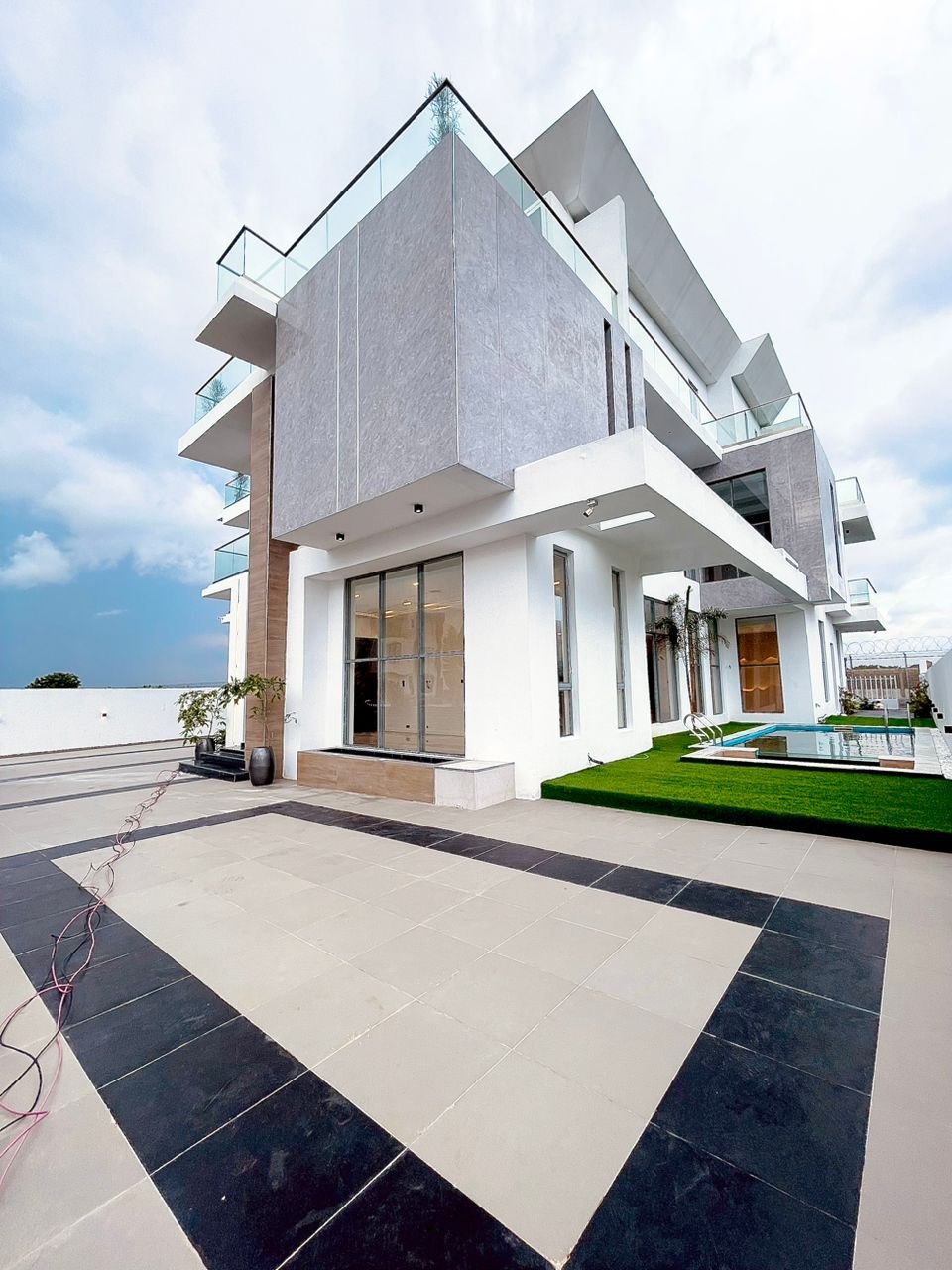For millions of Nigerians living abroad, there’s a common dream, building wealth back home while creating a legacy for future generations. And one of the fastest-growing and most rewarding ways to do that is through real estate investment in Nigeria.
The Nigerian property market is booming, fueled by population growth, urban development, tourism expansion, and rising demand for short-term rentals like Airbnb and shortlets. For the diaspora, this means an opportunity to own appreciating assets, earn passive income, and maintain a strong connection to home.
But as with any investment, there are risks, challenges, and strategies you must know before you put your hard-earned foreign currency into Nigerian soil. This guide will walk you through everything you need to know from choosing the right property type to avoiding scams and maximizing your returns.
1. Why Nigerians in the Diaspora Are Turning to Real Estate Back Home
Real estate offers something unique: tangible, lasting value. Here’s why it’s particularly attractive for diaspora investors:
-
Currency Leverage: Earning in USD, GBP, EUR, or CAD means you can buy quality properties at competitive rates when converting to Naira.
-
Rental Income Potential: Shortlet apartments and Airbnb units in prime Nigerian cities are in high demand from tourists, expatriates, and business travelers.
-
Property Appreciation: Locations like Lekki, Ikeja, Ibeju Lekki, Victoria Island, Abuja, and Port Harcourt are seeing rapid infrastructure growth.
-
Family Security: A home back in Nigeria gives you and your family a base for visits, retirement, or relocation.
2. Understanding the Nigerian Real Estate Landscape
Before investing, you must know the market structure:
Types of Properties Available
-
Off-Plan Properties – Buy during construction at a lower price; value rises by completion.
-
Ready-to-Move-In Homes – Fully built; great for immediate rental income.
-
Land Banking – Buy land in growing areas and hold for future appreciation.
-
Commercial Spaces – Offices, retail shops, and mixed-use developments.
Investment Hotspots for Diaspora Buyers
-
Lagos – Economic hub; thriving shortlet market.
-
Abuja – Political capital; high demand from expats and government workers.
-
Port Harcourt – Oil city with high rental returns.
-
Ibadan – Emerging market with affordable entry points.
3. How to Invest Safely as a Diaspora Buyer
One of the biggest fears diaspora investors have is being scammed. Sadly, the stories are real, fake agents, duplicate land titles, and non-existent properties. To avoid this:
-
Work with Registered Developers: Choose companies verified by the Corporate Affairs Commission (CAC) and recognized by real estate bodies. Good example is F-SKY Homes
-
Use a Reputable Realtor: Find a trusted agent with experience in diaspora transactions.
-
Insist on Legal Documentation: Get a lawyer to verify titles such as Certificate of Occupancy (C of O) or Governor’s Consent.
-
Avoid Cash Transactions: Use bank transfers for transparency.
4. The Power of Shortlet & Airbnb Investments
Short-term rental properties are the hottest segment in Nigeria’s hospitality sector. Here’s why they are perfect for diaspora investors:
-
High Returns – Shortlets in areas like Lagos or Abuja CBD can earn 2–3 times traditional rent.
-
Tourism Growth – With events, business travel, and staycations on the rise, demand is increasing.
-
Flexible Use – You can use the property when you visit Nigeria and rent it out when you’re away.
Pro Tip: Ensure the property is furnished to international standards with reliable utilities (power, water, internet).

5. Funding Your Real Estate Investment from Abroad
Diaspora buyers have an advantage in funding options:
-
Personal Savings – Easiest and fastest route.
-
Diaspora Mortgages – Offered by Nigerian banks like GTBank, Zenith, and UBA.
-
Installment Plans – Many developers allow payment spread over 6–36 months for off-plan projects.
6. Tax & Legal Considerations for Diaspora Investors
Owning property in Nigeria comes with obligations:
-
Property Taxes – Varies by state; Lagos State Land Use Charge is an example.
-
Rental Income Tax – Payable if you earn from tenants or shortlets.
-
Inheritance & Transfer Laws – Important if you’re buying for generational wealth.
7. Success Stories from the Diaspora
-
Chinedu from London: Bought an off-plan apartment in Lekki in 2021 for ₦60m; now worth ₦150m in 2025.
-
Ngozi from Canada: Runs a profitable Airbnb in Lagos earning $2,500 monthly.
These prove that with the right approach, investing from abroad is not only possible but highly profitable.
8. The Future of Real Estate for the Nigerian Diaspora
With Nigeria’s tourism sector growing and urban infrastructure expanding, the window for smart investments is wide open, but competition is rising. The earlier you enter, the better your returns.
Conclusion
Investing in Nigerian real estate as a member of the diaspora is more than a financial decision, it’s a legacy move. Done right, it ensures security for your family, connects you to home, and allows you to benefit from one of Africa’s fastest-growing markets.
If you’re ready to take the next step, start small, do your due diligence, and partner with trusted developers and agents. Your property could be the foundation of generational wealth.
You can trust F-SKY to get you the best property that will starts making you money from the first month.






